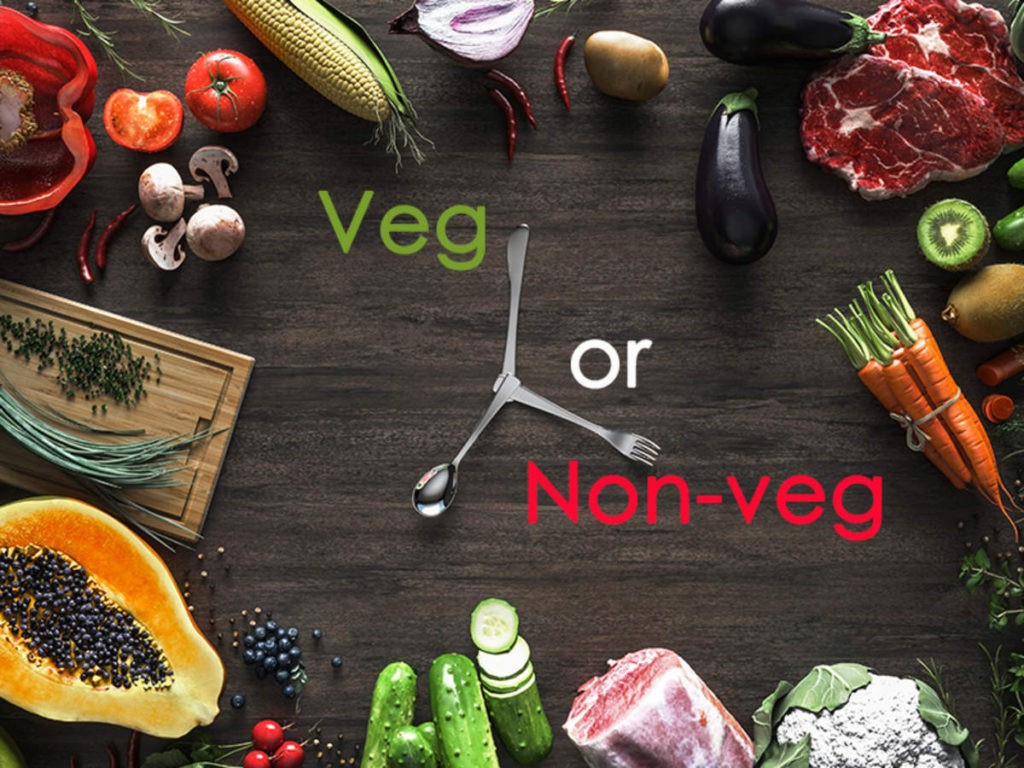There’s nothing wrong with eating meat if you’re doing so in moderation but research does show that vegetarians tend to be healthier overall, and even live longer.
Here are some of the benefits of having a vegetarian diet:
Low Blood Pressure: According to a new study published in the journal JAMA Internal Medicine looked at data from seven clinical studies and 32 other studies published between year 1900 and 2013 where participants kept a vegetarian diet and found that vegetarians have lower blood pressure compared to people who eat meat. Researchers found that not only do vegetarians have lower blood pressure on average, but that vegetarian diets could be used to lower blood pressure among people who need an intervention.
Helps control your weight: Research shows that vegetarians tend to have lower cholesterol and body mass index (BMI). Some data suggests that a vegetarian diet can help with weight loss and be better for maintaining a healthy weight over time.Vegetarian diets are high in fiber and low in calorie density, which helps you fill your appetite and also provides satiety. Higher intake of vegetarian food may help you cut calories. On the other hand Research has also shown that vegetarians are at a higher risk for iron deficiencies. Make sure you get the right amount of nutrients is important, and keeping your Dietitian in the loop about your eating habits can make sure you’re meeting all the requirements for good health.
Lower risk of diabetes: Studies have shown that vegetarians are at a lower risk for developing diabetes. While the diet won’t cure the disease, it can lower an individual’s risk by helping them maintain weight and improve blood sugar control.
Lower risk of cancer: Researchers at Loma Linda University in California studied different versions of the vegetarian diet and cancer risk among people at a low risk for cancer overall and discovered that a vegetarian diet may have protective benefits. Antioxidants are chemicals that prevent us from Cancer. Fruits, vegetables and grains are rich sources of dietary antioxidants.
Better moods: A 2012 study randomly split participants into a three diets: all-meat allowed, fish-only, and vegetarian no-meat. The researchers found that after two weeks, the people on the vegetarian diet reported more mood improvements than those on the other two diets.
Lower risk of death: A 2013 study of more than 70,000 people found that vegetarians had a 12% lower risk of death compared with non-vegetarians. With none of the saturated fat and cholesterol that clogs arteries, vegetarians may be at a lower risk for chronic diseases overall.

